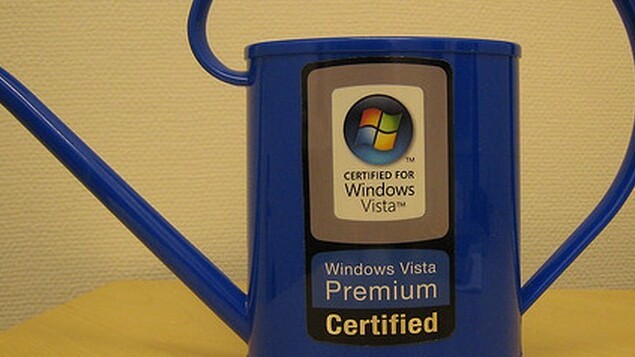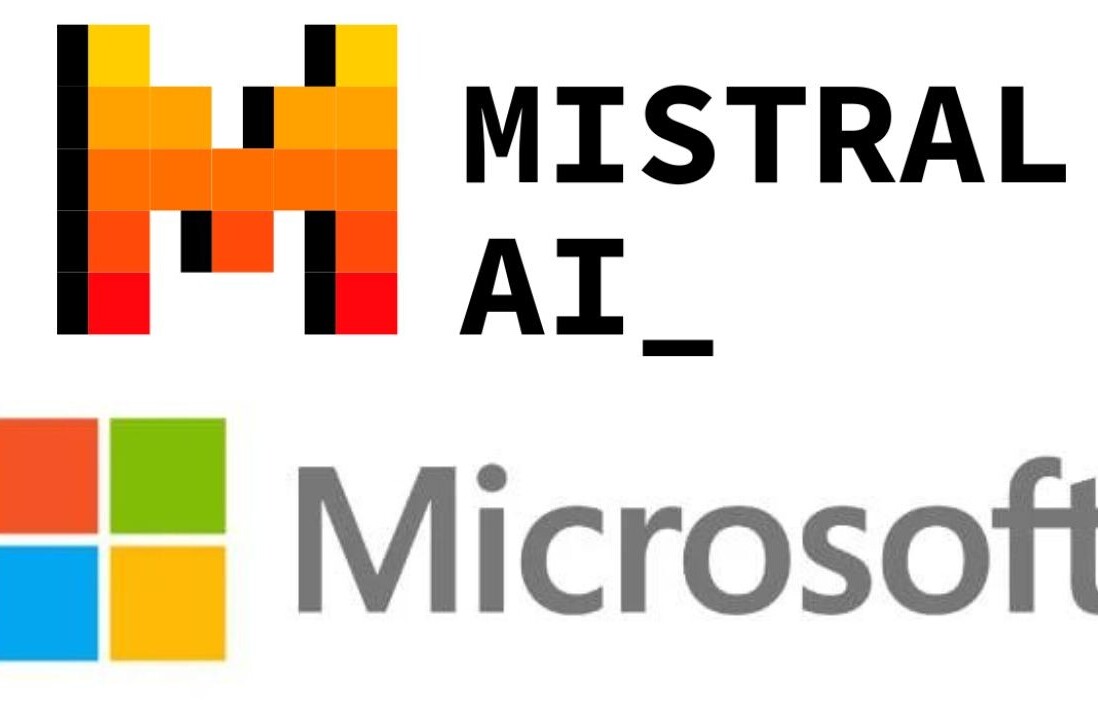
For reasons yet unknown, Microsoft has lengthened the support interval for the consumer editions of its Windows Vista product to 2017. Extended consumer support now mirrors business and enterprise support, which has been set to expire in 2017 as well, since 2007.
‘Extended support’ is feature-free, meaning that post-April of this year, Vista will not receive any product upgrades. We’ve known for some time that Internet Explorer 10 was not coming to Vista, and this provides yet another confirmation of that fact.
Vista controls some 8.22% of the global browser market, a large enough chunk that Microsoft likely felt that it was worth supporting, even if its focus as a company has utterly swung to the post-Windows 7 future.
While this change to give Vista a softer landing is interesting, it’s not exactly a surprise. As ComputerWorld noted in 2007, Microsoft indeed left the chance of extending Vista’s consumer support open: “As we’ve done in the past, Microsoft will continue to evaluate the support life cycle for Windows Vista and make decisions about extending support if and when it is necessary.”
TNW has reached out to Microsoft and will update this post upon hearing back from the company.
Vista has long been a leaden balloon for Microsoft. Windows 7, the company’s subsequent operating system has been seen as a fix of Vista’s errors, restoring public faith to the larger Windows brand. Microsoft, not content with its current spot of short-term safety, is tearing up its playbook with the coming introduction of Windows 8.
Windows 8’s beta, dubbed a ‘consumer preview’ should be released in just over a week. Stay tuned. Unless you on Vista, in which case I recommend a firm dose of ‘some other OS.’
Update: Moments before publishing, TNW was provided with the following statement from a Microsoft spokesperson:
Microsoft is updating the Support Lifecycle Policy to ensure that all consumer editions of our desktop operating systems are eligible to receive five years of Mainstream Support and five years of Extended Support. In the past, commercial customers who updated to the most current supported Security Packs (SPs) could receive security updates, even when Mainstream Support for a product ended. This update formalizes that all editions of our operating systems will receive security updates as long as they are using the most current SP.
Get the TNW newsletter
Get the most important tech news in your inbox each week.





